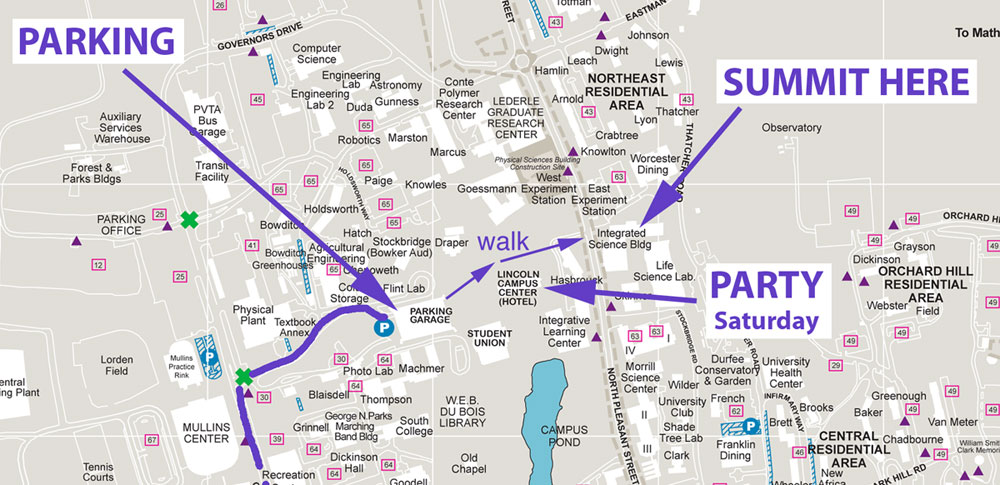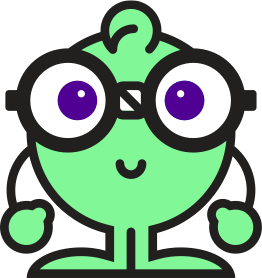
The most convenient parking is the Campus Center Parking Garage at a cost of $1.75/hr. Other options can be found here.
There are many hotels in the area close by to UMass, including Hotel UMass very near the ISB building.

Look for the app on the iOS App Store, thanks to Lou Franco.

Click on a session for more info.

Click on a session for more info.